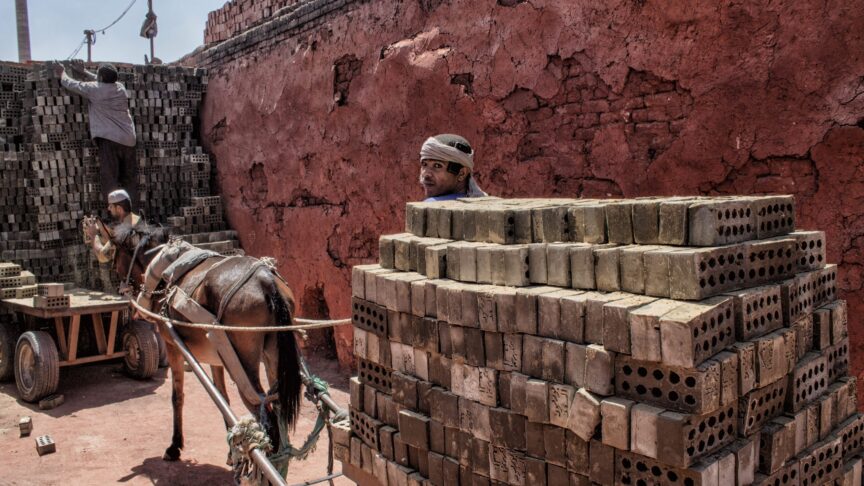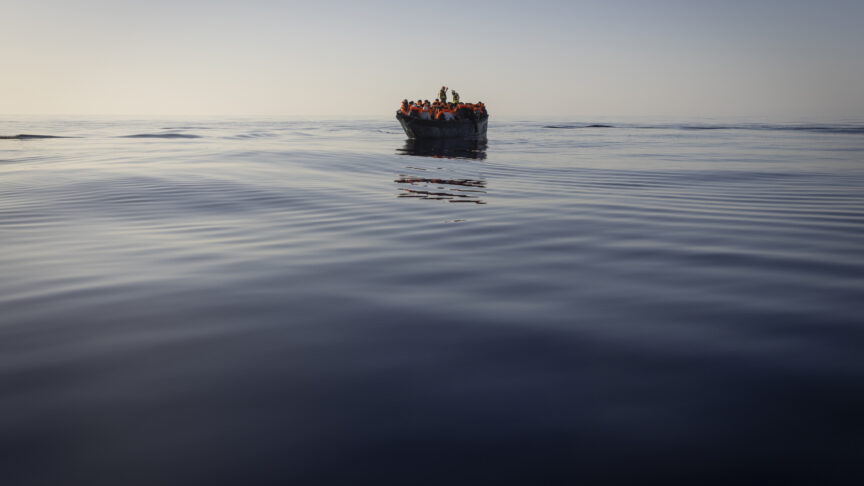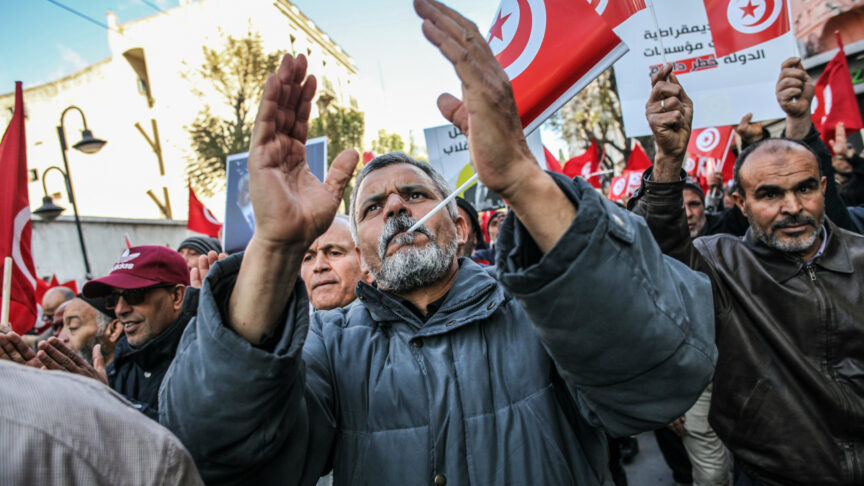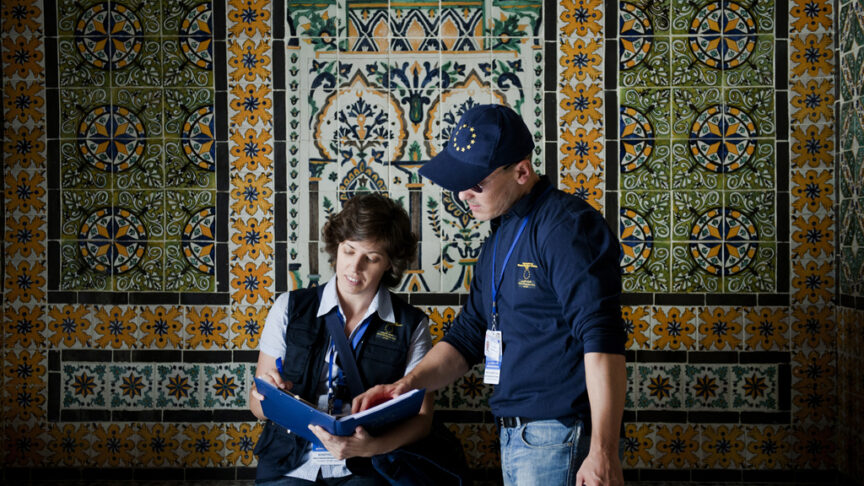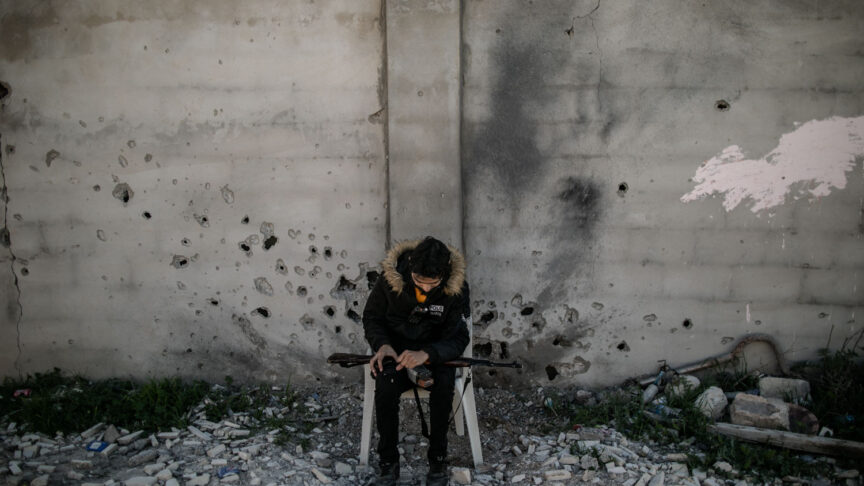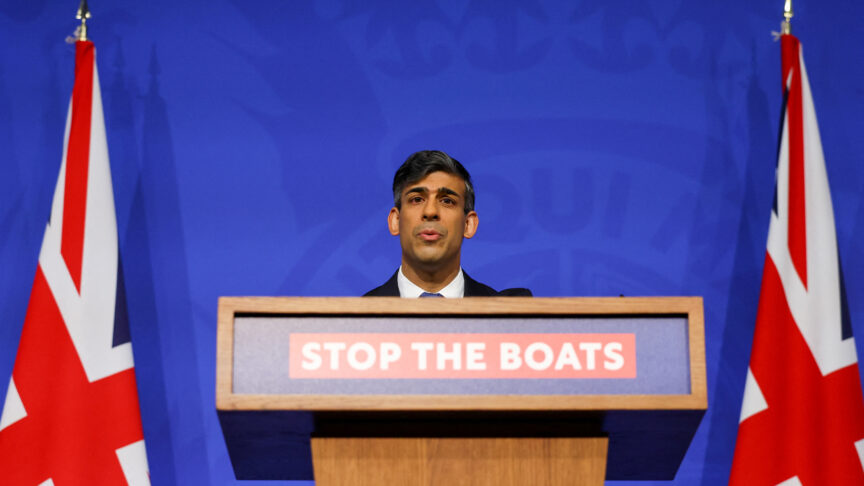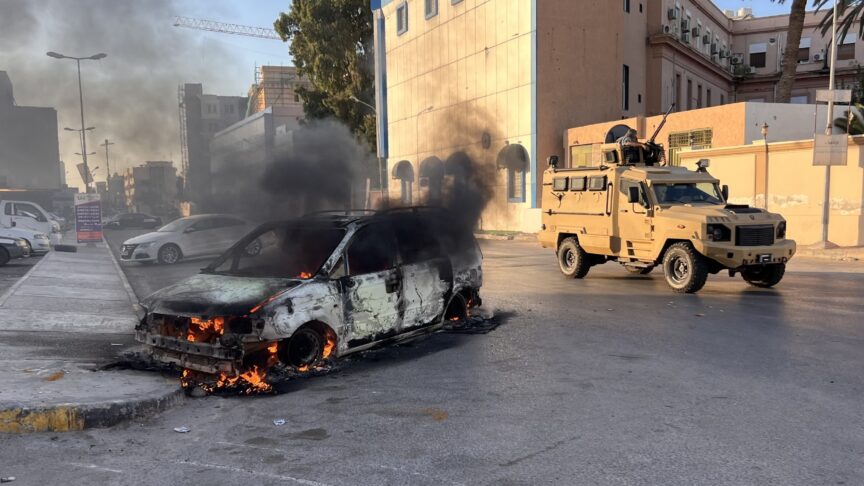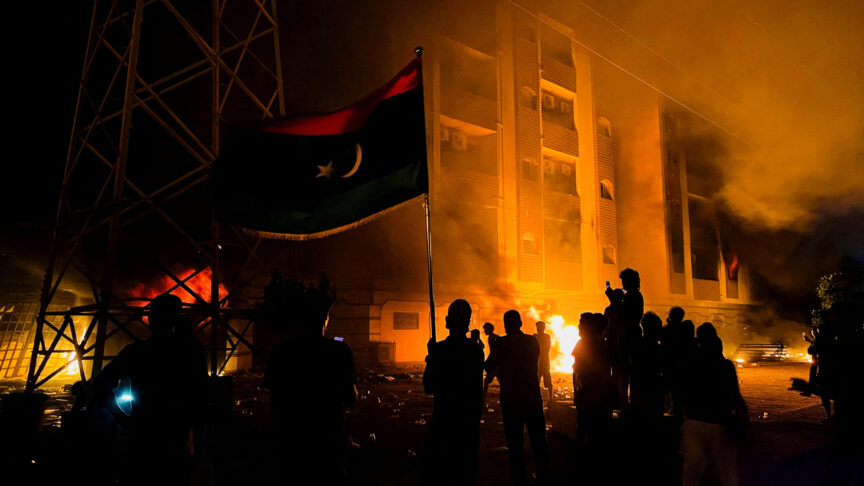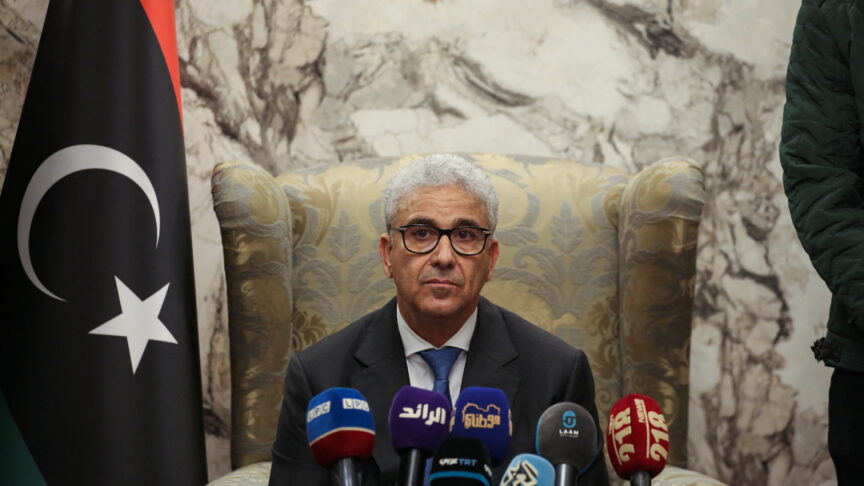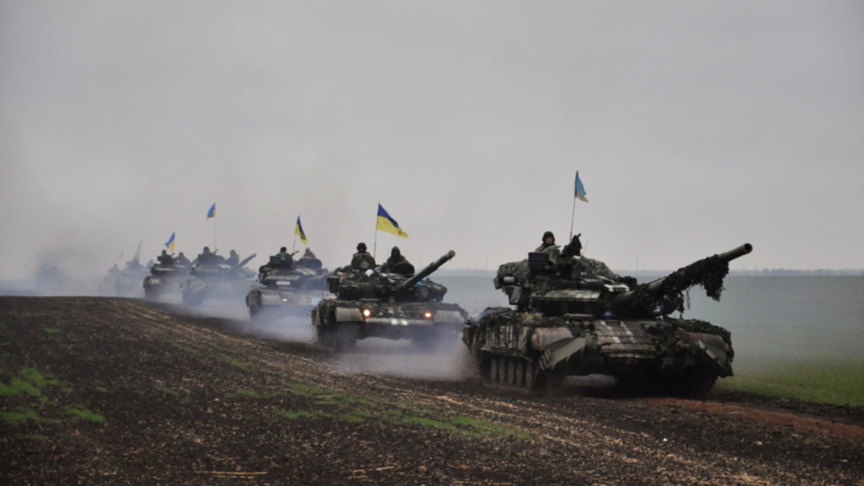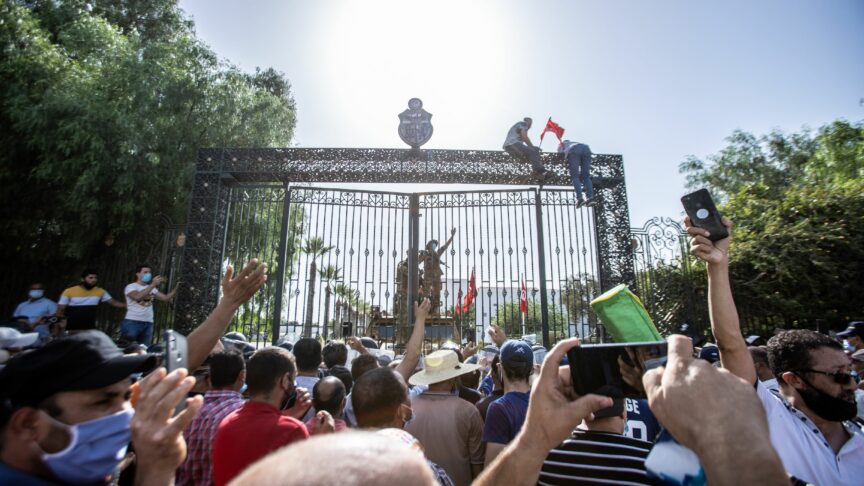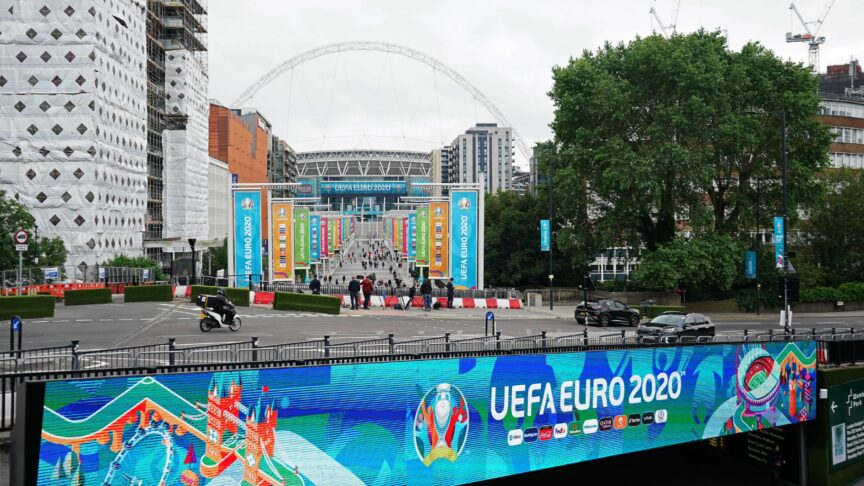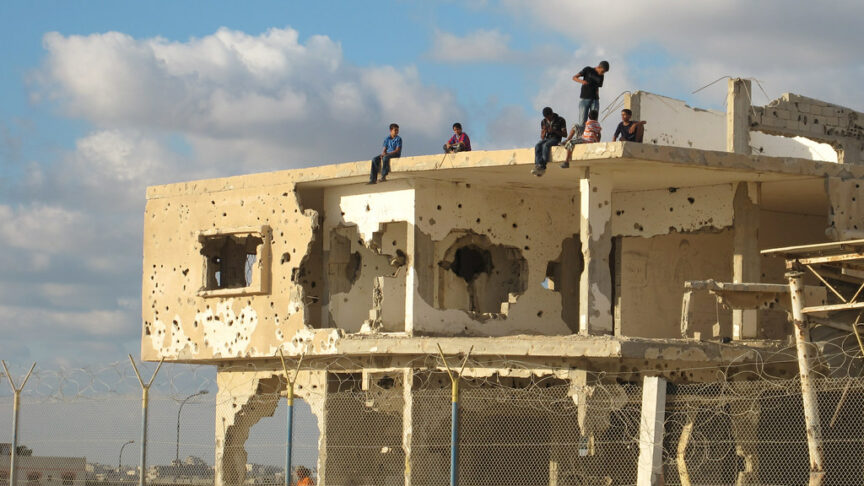Tarek Megerisi is a senior policy fellow with the Middle East and North Africa programme at the European Council on Foreign Relations. His work mainly addresses how European policymaking towards the Maghreb and Mediterranean regions can become more strategic, harmonious, and incisive – with a long-term focus on Libya.
For more than a decade, Megerisi has worked with various regional, European, and multilateral authorities on providing reform and stabilisation assistance to transitional states in the Middle East and North Africa. He has been involved in a range of projects, including post-conflict stabilisation, development and democratisation, Libya’s domestic and international political processes, economic reform in Tunisia, and the eastern Mediterranean disputes. His articles have featured in publications such as Foreign Policy magazine and the Guardian newspaper, and he has contributed to think-tank programming across the United States, Europe, and the Middle East and North Africa.


